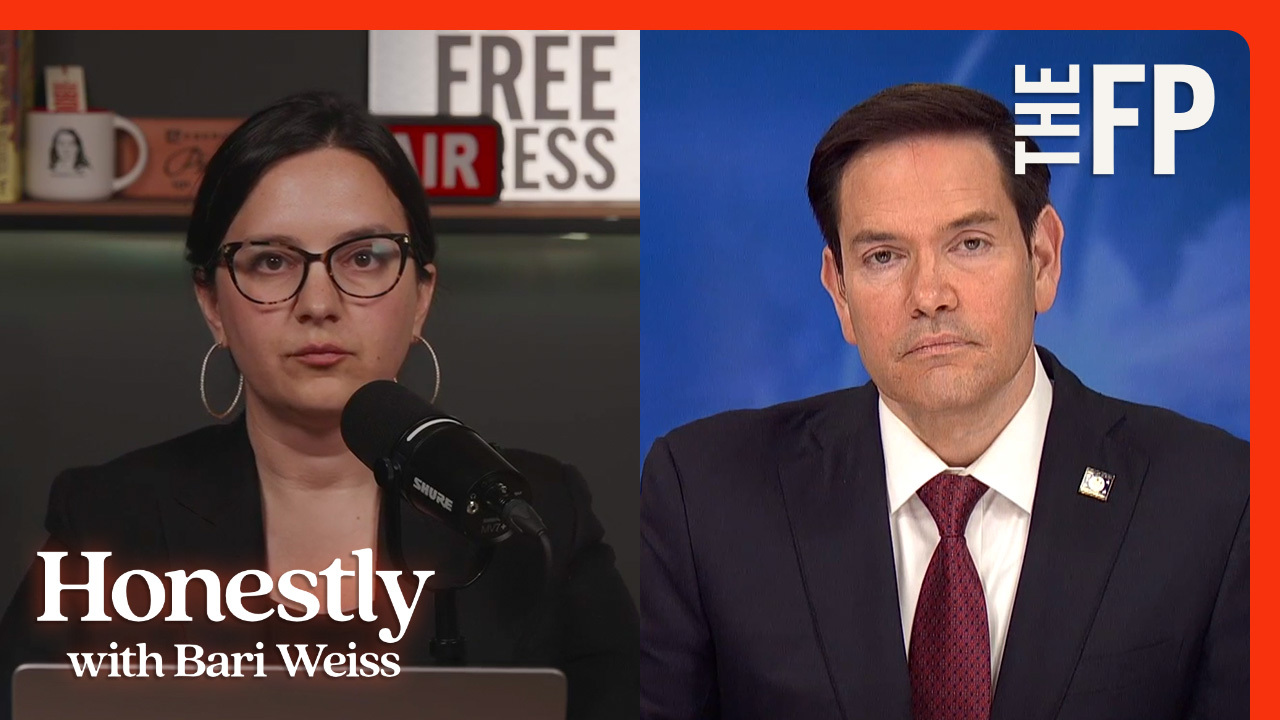In a first for fast-food industry, burger chain workers vote to unionize
No major business sector in the U.S. may be more resistant to worker efforts to unionize than the fast-food industry. But employees at one regional burger chain aren't taking no for an answer, a potentially important precedent as labor activists press their case for better pay and working conditions at restaurant giants ranging from McDonald's to Yum! Brands.
After a two-year effort, workers at a Burgerville restaurant in Portland, Oregon, recently became the first fast-food outlet to vote to form a union.
The chain, which prides itself on offering local produce and meats at its 42 restaurants in Oregon and southern Washington state, pledged to work with the new union. "We will navigate this new working relationship together in a positive, productive way," Beth Brewer, Burgerville's senior vice president of operations, said in a statement. "We are ready to support the nation's first unionized fast-food store."
The company also purchased a full-page newspaper ad and took to social media to put a positive spin on the results of an election overseen by the National Labor Relations Board, or NLRB.
"On Monday, one of our locations voted to become the first fast-food union in the country. This is new territory for us at Burgerville, but we're used to that. We've never been afraid of going first," the company said on social media under the heading: "This will be great."
The April 23 results had the Burgerville Workers Union (BVWU), garnering 82 percent of the vote in support of forming a union following a two-day election. Another union vote set for May 12 and May 13 at a second Burgerville in suburban Portland.
The workers resorted to the process of organizing under federal rules after two years of failed efforts -- including walkouts, protests and a boycott of Burgerville -- aimed at getting the company to discuss pay hikes and improved working conditions.
"The reason the union started is because workers frequently experience poverty and homelessness," said Emmett Schlenz, 24, a spokesperson for the union who moved to Oregon from Rhode Island two years ago.
A majority of Burgerville's 1,500 workers earn slightly above above the minimum wage, which stands at $11.25 an hour in Portland, said Schlenz, who has worked at Burgerville for nine months.
"We've been making these demands for two years, and they've been largely ignored. They refused to talk to us as a union," he said.
Burgerville, which says it pays an average hourly wage of $11.70 an hour, has reached out to the union to begin negotiations, according to the company.
"There'd been a real reluctance on behalf of the employer to formally recognize the union -- it seems like they have turned a corner on that," said Kate Suisman, an attorney at the Northwest Workers' Justice Project, who counseled Burgerville workers on their dealings with the NLRB and the company.
Some 3.6 million Americans work in the food industry, including fast-food, according to the Labor Department. The National Restaurant Association puts the total number of restaurant employees at 14.7 million.
Affiliated with the Industrial Workers of the World (IWW), the Burgerville union drew energy from the "Fight for $15" movement, a union-led national campaign to boost wages for lower income workers.
"As we understand it, we're the only fast-food union that's federally recognized," Schlenz said. "We want to prove to other fast-food workers that they themselves can take charge of their own lives and fight for better treatment."
The Service Employees International Union, which lobbies for better wages for restaurant workers, has taken notice of the Burgerville fight.
"This is a victory for fast-food workers across the country, and it shows that our demand for unions is stronger than ever," Joseph Franklin, a McDonald's worker in Hartford, Conn., said in a statement provided by the Fight for $15. "To raise wages and improve conditions at work, we need an organization on the job. Now McDonald's, which sets the bar for pay and conditions across the fast-food industry, needs to follow suit and respect our right to a union."
Ruth Milkman, a sociology professor at the University of New York, pointed to "the youth and aspirational politics" driving the Portland union, also noting that millennials have spearheaded a number of union drives in media. "There is a lot of evidence that the so-called millennial generation has more pro-union politics and is critical of the status quo, versus older workers."
Yet while restaurant workers in other states might take inspiration from Burgerville's pioneering union drive, Kate Bronfenbrenner, a director of labor education research at Cornell University, noted that Portland's famously progressive social climate in Portland might have come into play.
"The question is, is this the Portlandia effect?" asked Bronfenbrenner, referencing a sketch-comedy TV series that parodies life in Portland. "I've been studying organizing campaigns since 1996, and an organizer for 20 years before that, and I can tell you I've never seen an employer in the private sector do any communication like that."
Schlenz had a more cynical take on the company's public stance, saying "they put on this very progressive, liberal, empathetic face, but at the same time are paying workers poverty wages."
The union also mocked some of the company's PR efforts on Facebook, while calling for a boycott of Burgerville to continue until it negotiates a "fair" contract with workers.



